The summer after junior year was the hottest one I can remember.
Each and every day that month, the sun beat down mercilessly, turning Mama’s Ultraviolet flower bushes into depressed piles of dead leaves. While most people would take her belated foliage as a sign to stay inside with a cold drink, I saw it as my cue to head right outside.
The school year prior, I joined a lacrosse team and if it was anything, it was a wake-up call.
As meek as we might be when ordering a Caniac Combo, most Carnegie kids have the same Texas-sized egos as the star football players at suburban cathedrals of education like Bellaire and Katy. Just from APs instead of sports.
I’d always wanted to play lacrosse and I saw it as an opportunity to step outside of my comfort zone and try something new while working on my health. As you’d expect, it was not all sunshine and roses.
To put it simply, I was absolutely terrible.
Luckily, my coaches were kind enough to stick with me through my budding stage: pushing me during conditioning, encouraging me to practice at home, and giving us beginners opportunities to shine in practice. I developed an obsession with the sport and decided I’d spend all summer working to become the best I could be.
So, almost every day, rain or shine, I’d head out, my stick and a tennis ball in tow, and hit the wall. For hours on end, I’d practice my passing and shooting until my arms felt like they were about to fall off. When I felt particularly inspired, I’d mimic players like Brennan O’Neill and Connor Fields, dodging pieces of mud and gravel on the ground, shooting screamers through Mama’s bushes. And it paid off.
By the beginning of my senior year, I was faster, stronger, and more deft with the ball. I shot harder, could bull dodge through defensemen, and even catch the ball while running, (something I would’ve only dreamt of doing the year before). And my coaches took notice, letting me join the varsity practice. It was then that I experienced the Yips for the first time.
After all the work I’d put in during the summer, I felt confident and I was ready to prove myself. That practice, we were working passing the rock, essentially passing the ball until the other team grew frustrated and made a wrong move. But no matter how hard I tried to keep my eye on the ball or make clean passes, I couldn’t stop fumbling the ball. With each drop, I felt my heart sink and I couldn’t have been more disappointed in myself.
I decided that the key to improving was to put my head down and keep working. Every day after school, I’d play wall ball untill my arms grew sore. But it seemed that practice after practice, I got worse and worse.
Each time I stepped on the field, I’d feel the same sinking feeling and then a hot wave of embarrassment when I couldn’t make a play or catch a ball. I felt like a failure.
Needless to say, I fumbled the ball many more times after that, but at the very least, I didn’t feel like an imposter: that sinking feeling never came back.


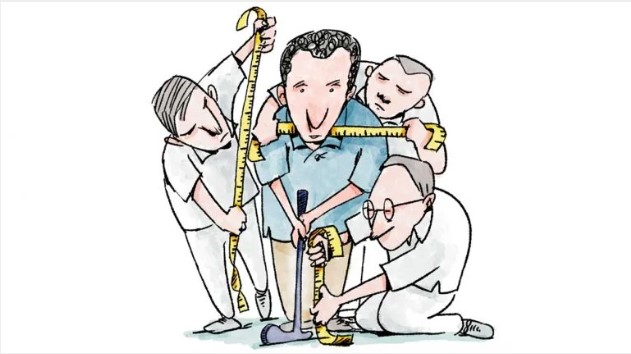
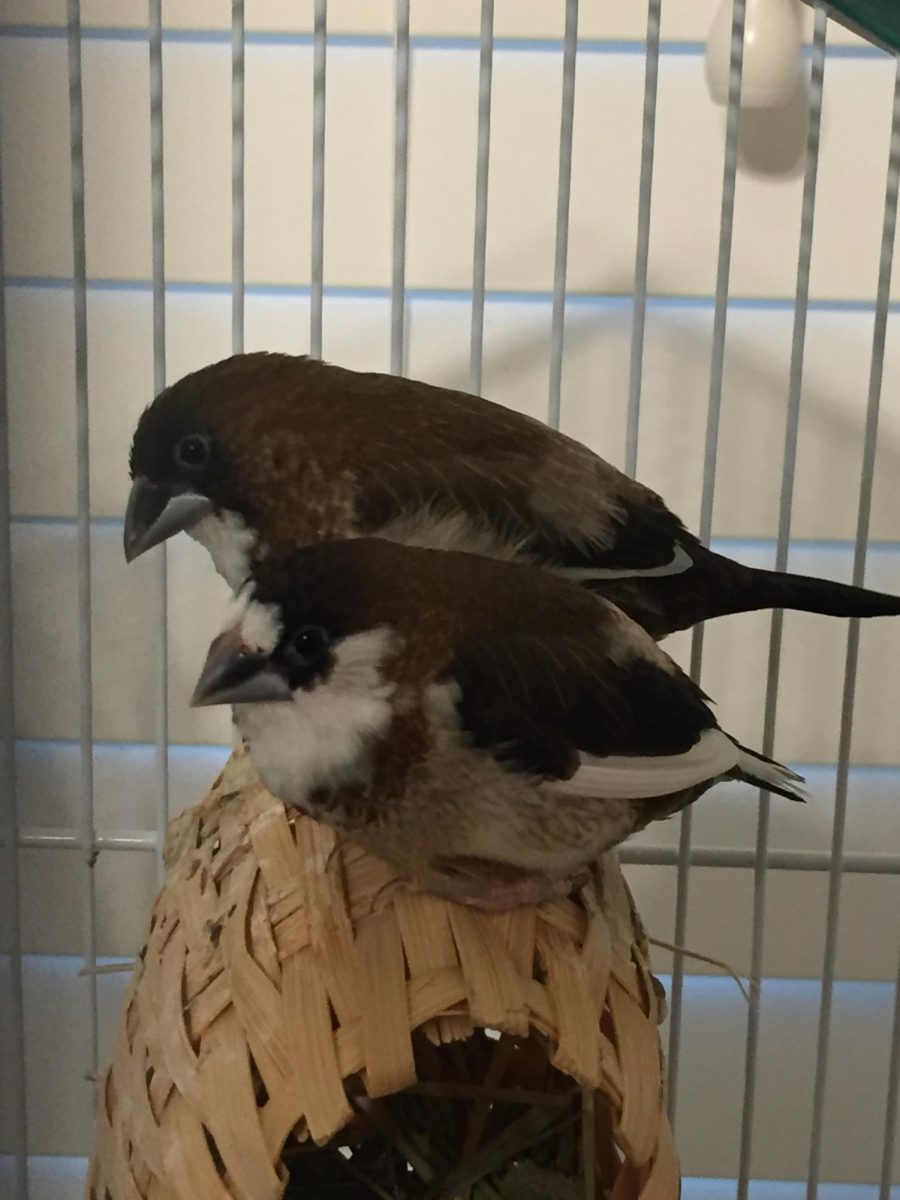



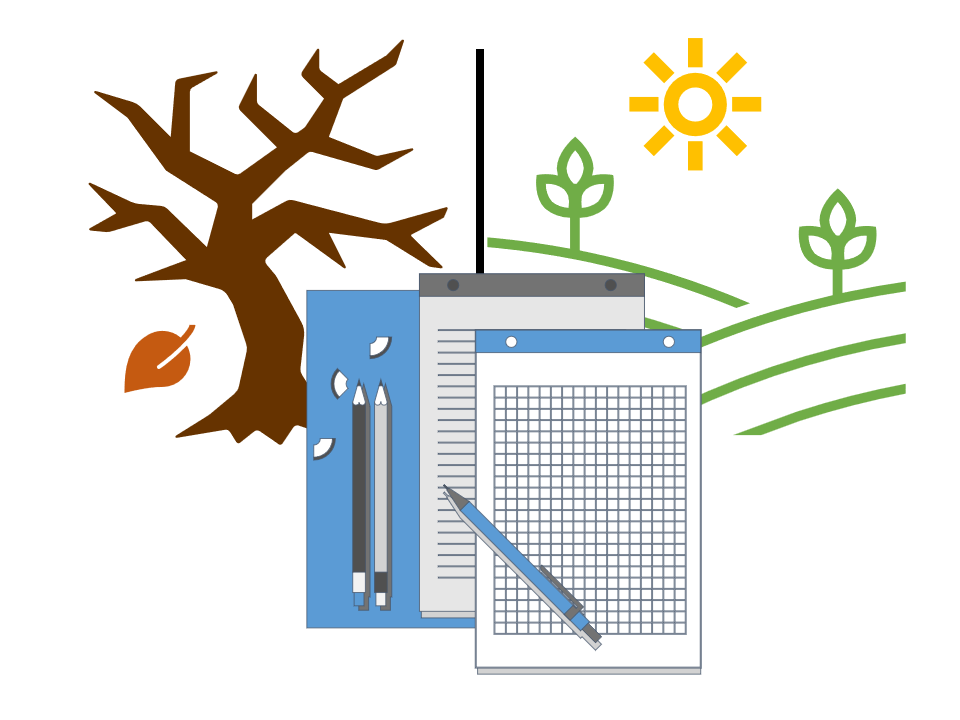



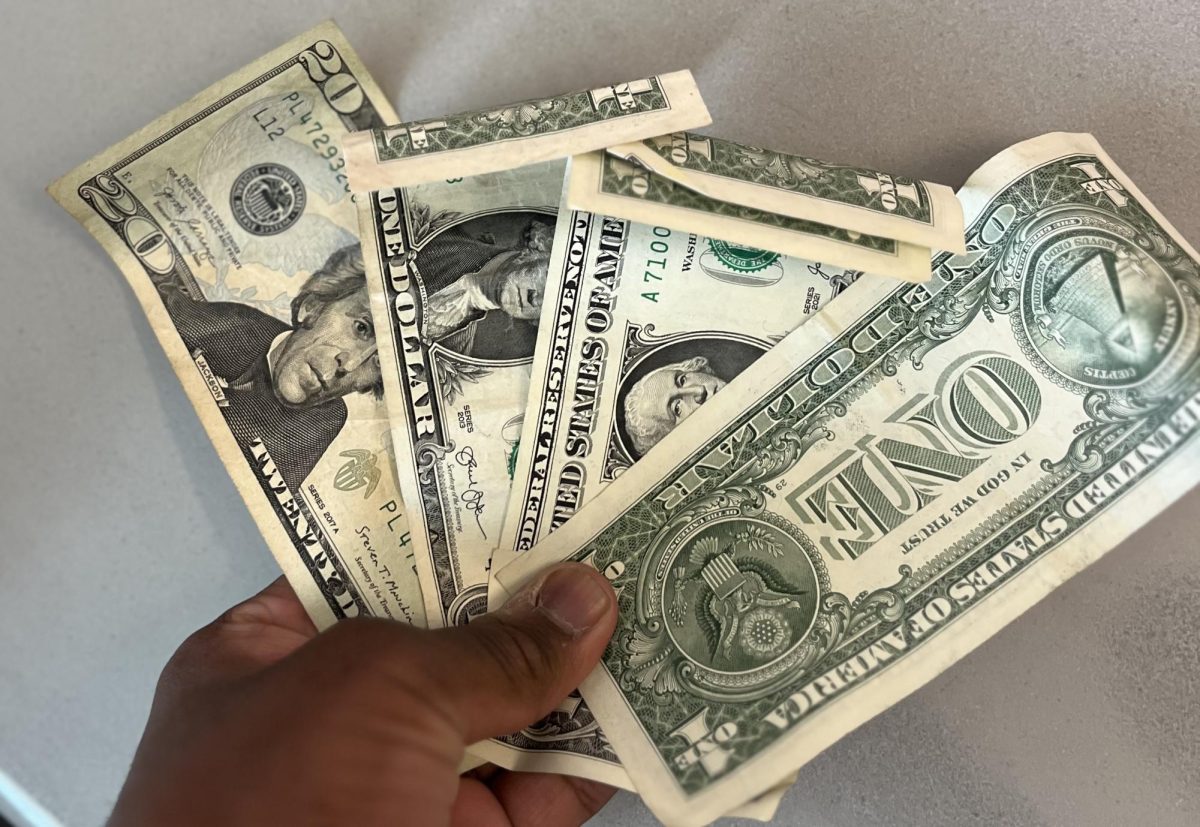

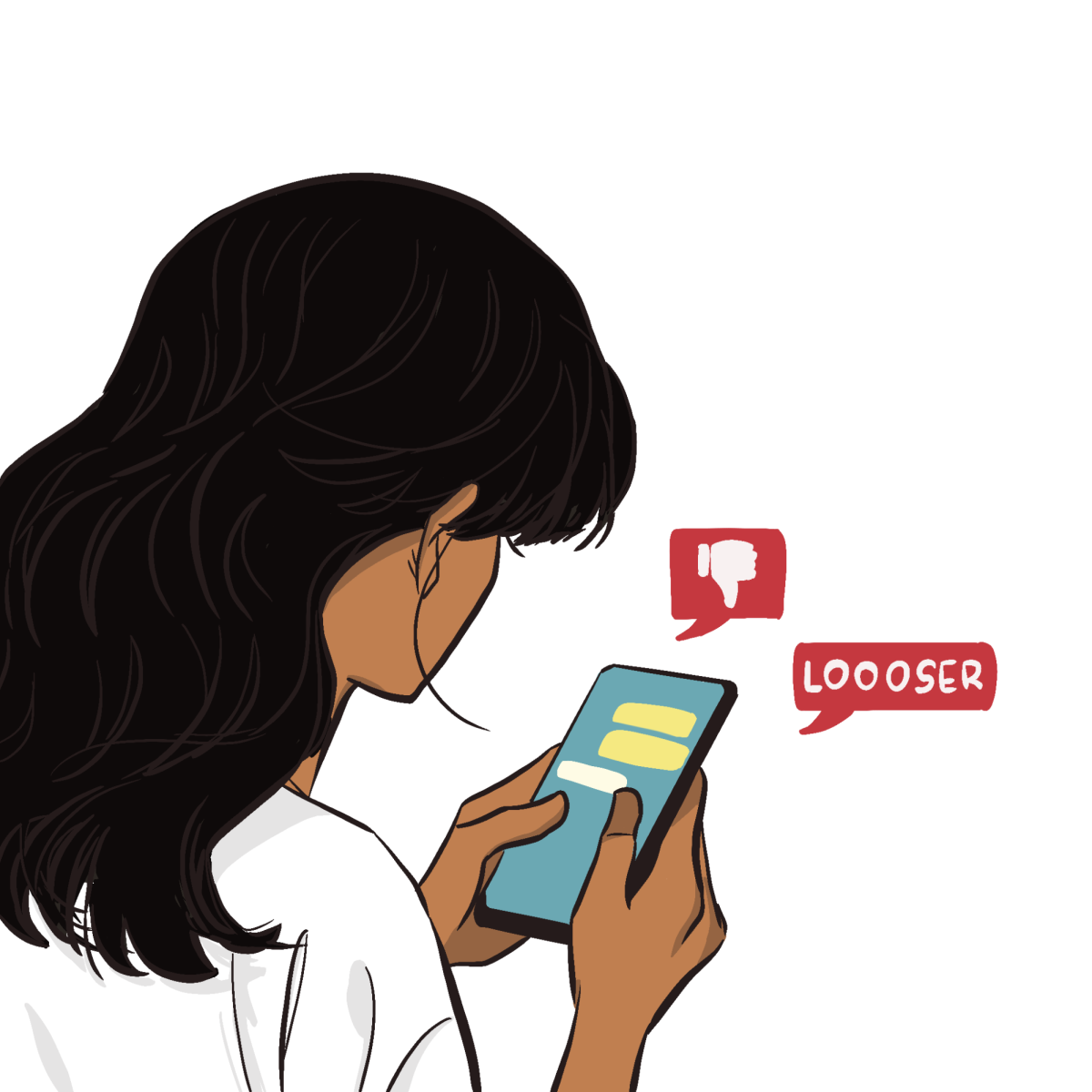

Chloe • May 7, 2024 at 3:36 pm
Amazing article! Being athlete with imposter syndrome is one of the most unreal feelings, and crossing the bridge from uncertainty to truly loving the sport (whether or not you’re good or bad, which I’m sure you’re amazing) makes all the hardwork and dedication worth it!